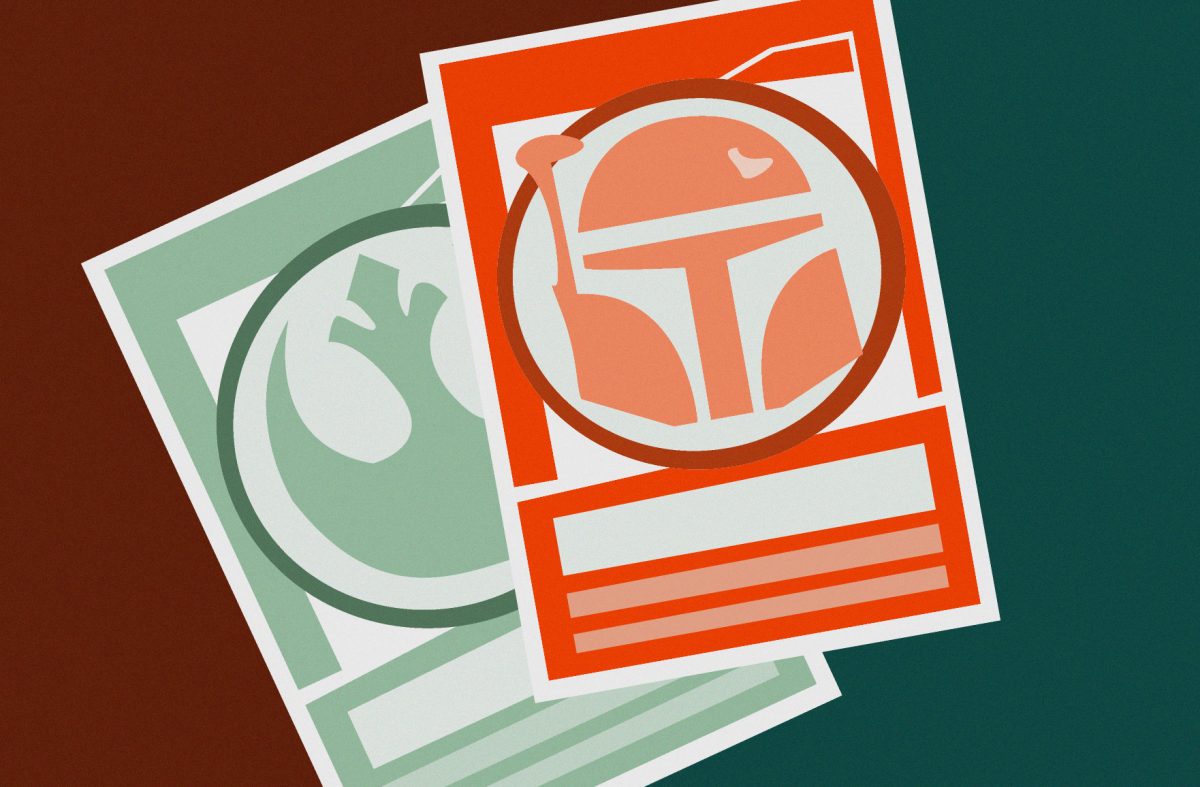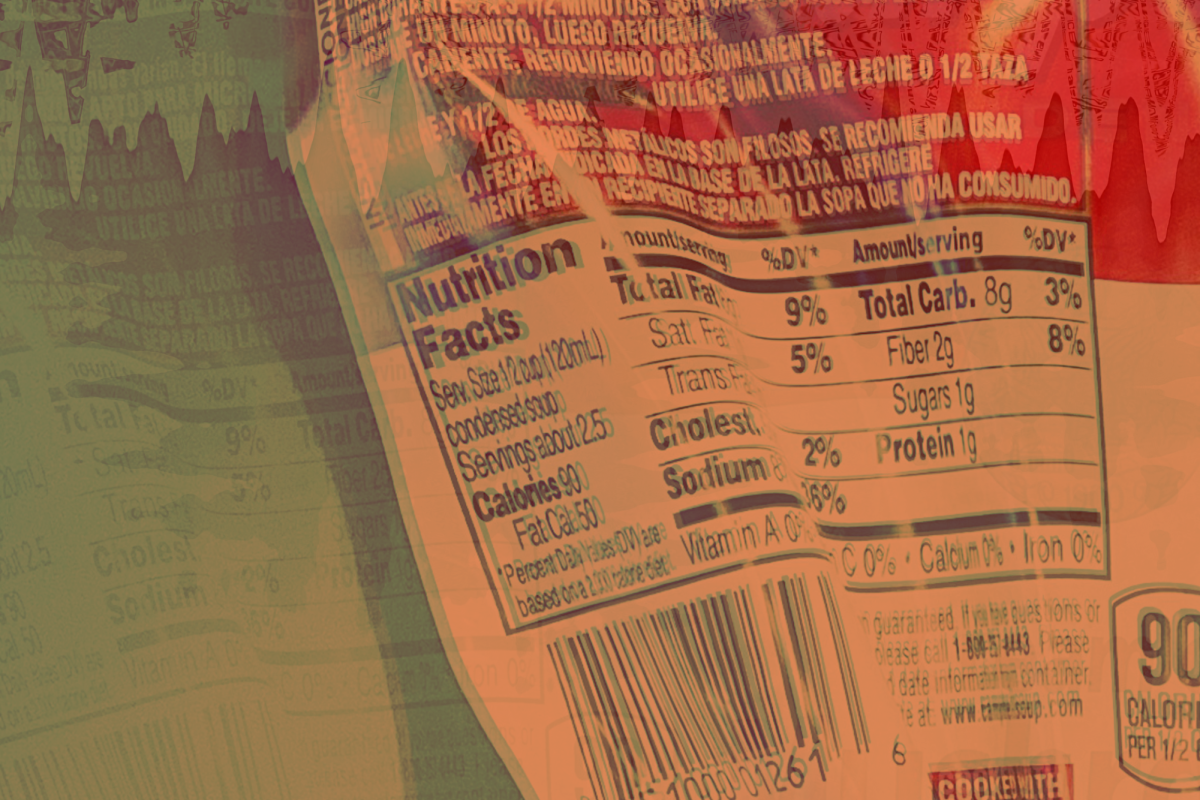On average, Americans consume 3.4 pounds of candy on Halloween. That translates to 7,000 calories, which is the equivalent of 13 Big Macs and three cups of sugar, or about 220 sugar packets. In a country where one-third of children and adolescents ages six to 19 are obese and 27.85 million Americans have Type Two diabetes, the last thing kids need is more sugar in their diets. Although candy is not the main cause of the rampant weight gain that has engulfed the country, it certainly doesn’t help to curb the epidemic.
Americans consume ridiculously large amounts of sugar because it is practically ubiquitous in our food. Sugar is present in myriad other common food products; low-fat or fat-free salad dressings and marinades, side dishes from the supermarket deli, potato salad, coleslaw, pita bread and whole grain cereals. The main reasons manufacturers add sugar to everything is that it helps improve the flavor and can act as a preservative.
Humans are hardwired to love sugar because it provides more instantaneous energy than most other dietary sources. Essentially, manufacturers are going to make more sales and thus more money if they include sugar in their products. So even though reducing the amount of sugar you eat by three pounds by abstaining from Halloween candy might seem insignificant, it can make a drastic difference for people who are already consuming excessive amounts of sugar. Additionally, avoiding treats on Halloween, tricky as it may be, will enable parents to consume less sugar, as they will have no child’s stash to steal from. It’s a step in the right direction to make Americans consume less sugar per year.
Candy also contains nasty chemicals. For instance, Smarties contain calcium stearate, which is used “to waterproof fabrics and lubricate crayons and pencils,” according to BerryBreeze.com. It is also in soap scum.
Another well-known type of candy that contains harmful chemicals is Kit-Kats. Kit-Kats contain polyglycerol polyricinoleate, a filler that allows chocolate to easily melt in your mouth, according to BerryBreeze. Although this doesn’t sound as disgusting as calcium stearate, it’s definitely not something you want floating around your body. BerryBreeze also says Kit-Kats have 210 calories, 11 grams of fat and 21 grams of sugar, making it pack quite a dietary punch for such a small piece of food.
A food that packs a slightly harder dietary punch is Almond Joy, which features 220 calories, 4.5 grams of fat and 20 grams of sugar per “fun size serving.” This little packet of joy, again according to BerryBreeze, also contains trans fat, a cleaning agent and an environmental pollutant. Regardless of whether people think there is too much sugar in our diets, we can all agree that kids don’t need more chemicals coursing through their bodies.
Candy diverts children’s attention away from what Halloween is really all about. Halloween is about getting to pretend to be something else for a night and allowing the supernatural to possess your imagination. It’s also about spending time with family and friends and making believe that forces from beyond have floated, crawled and staggered into our plane of existence. Although manufacturers would love to convince people otherwise, Halloween is not about getting sick after eating the three pounds of candy the kids claimed from their neighborhood.











